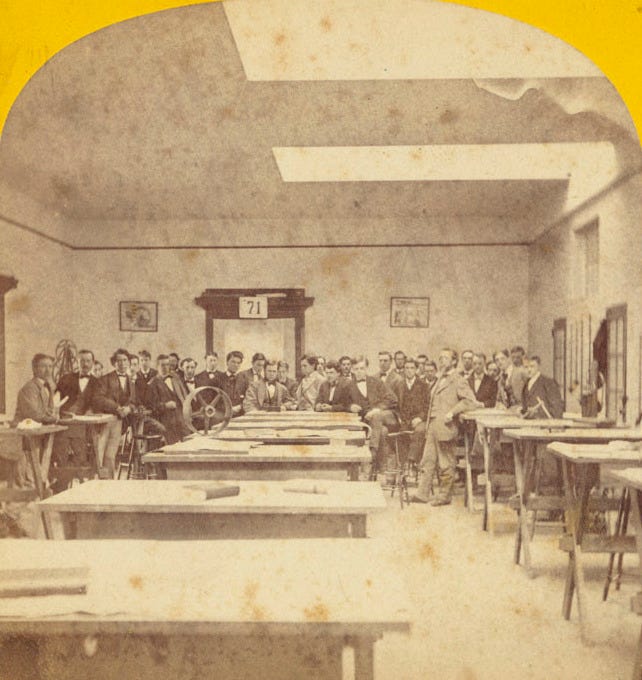
The MIT Series Patrick Collison and Tyler Cowen opened their 2019 Atlantic piece that helped jump-start the progress studies movement with the following passage: In my eyes, MIT is entirely deserving of this honor: being used as the authors’ first example of an organization that generated progress.









